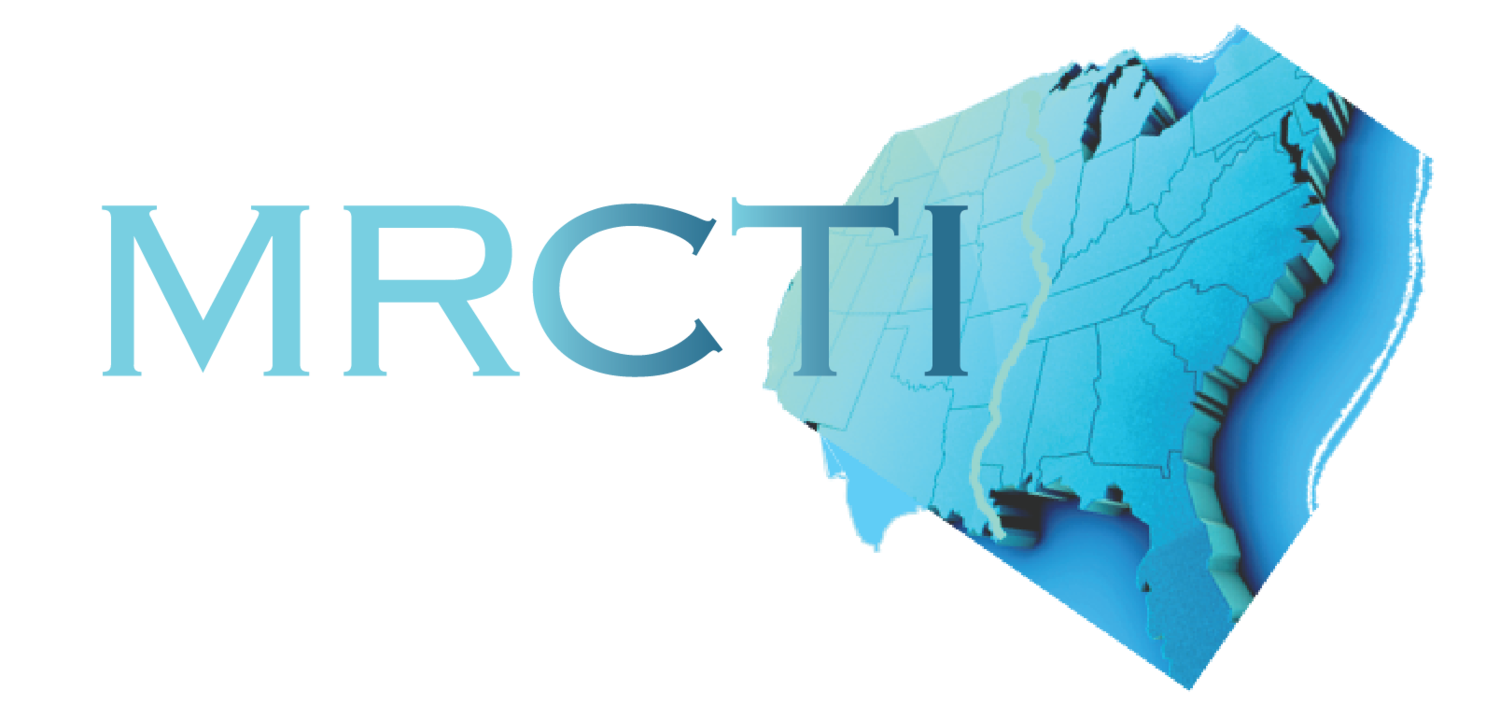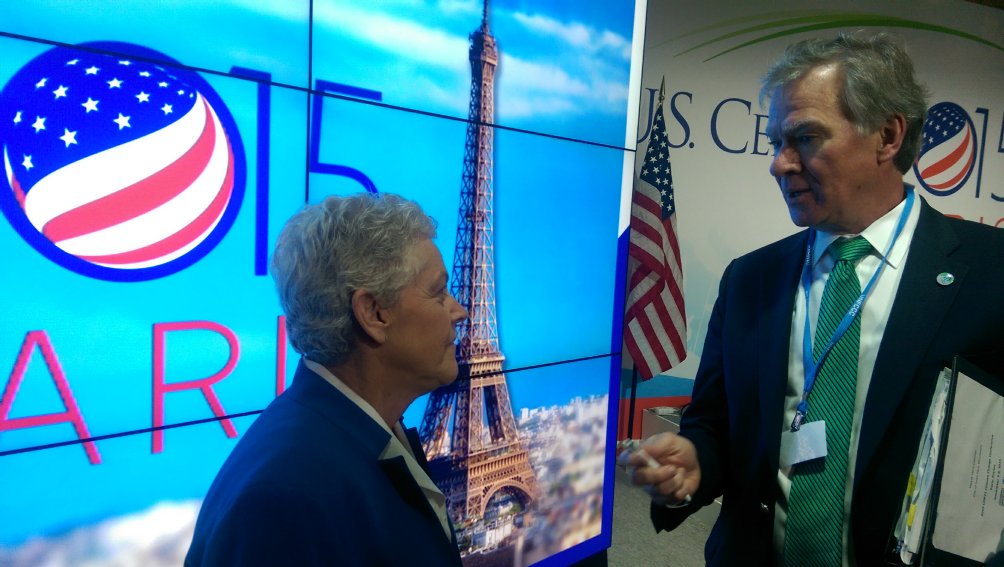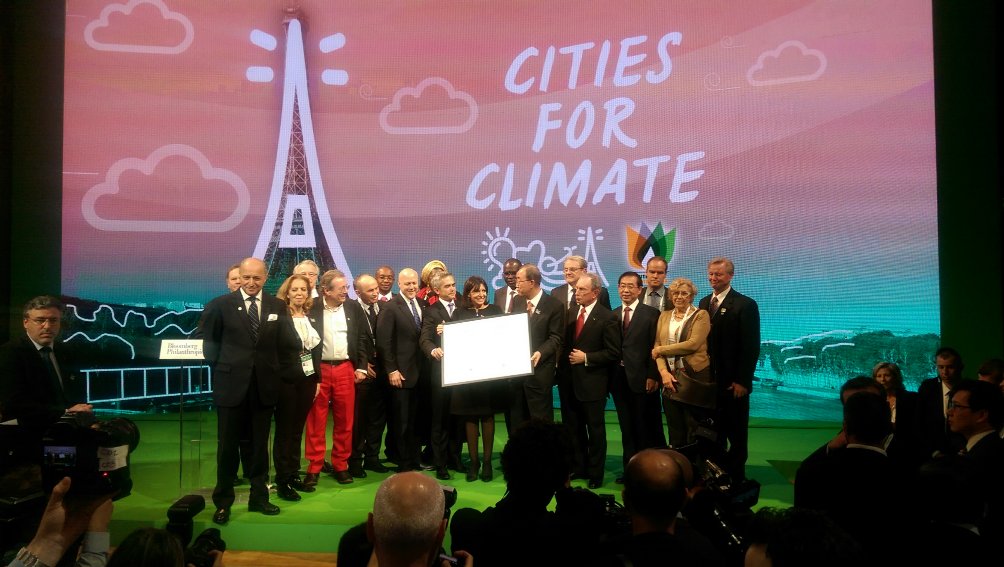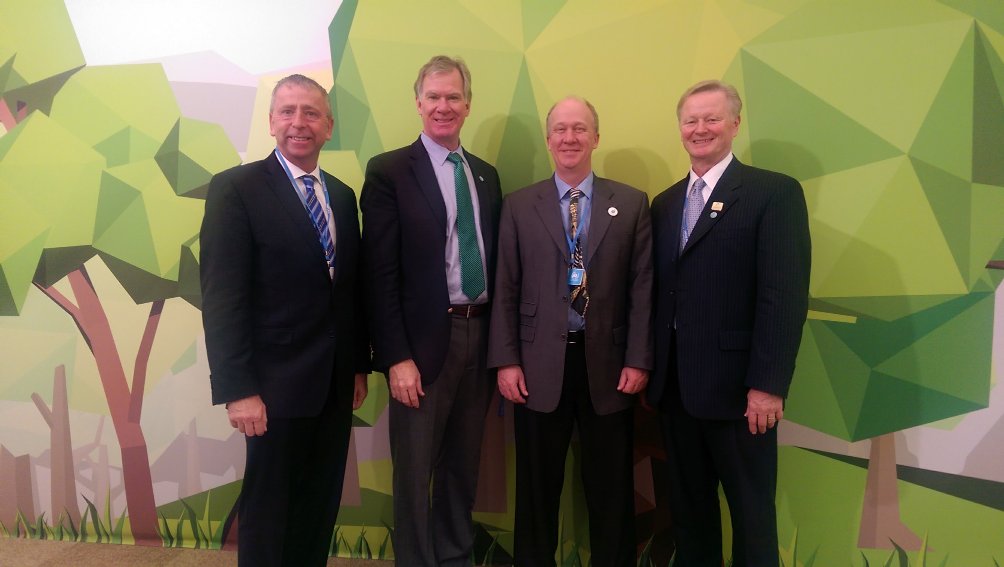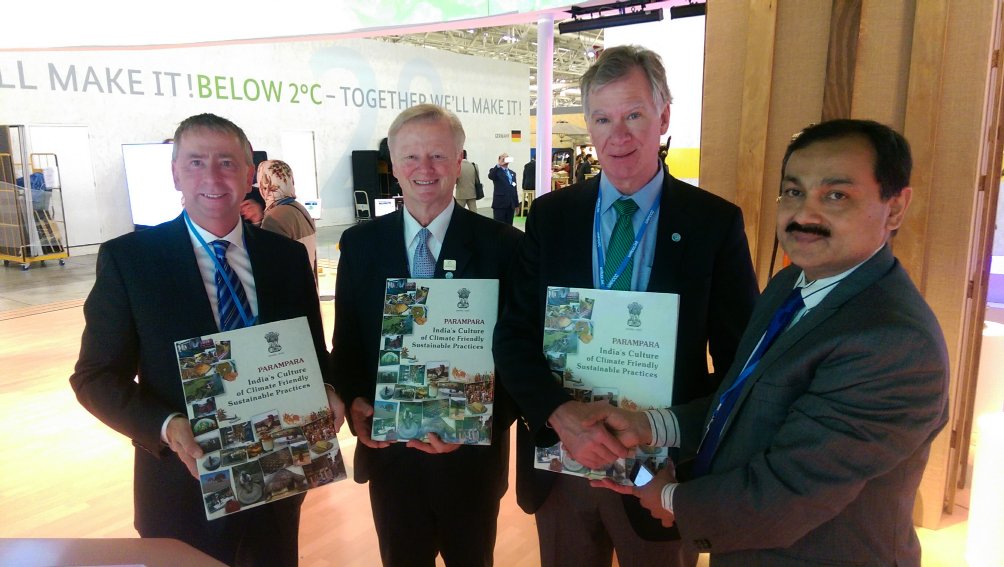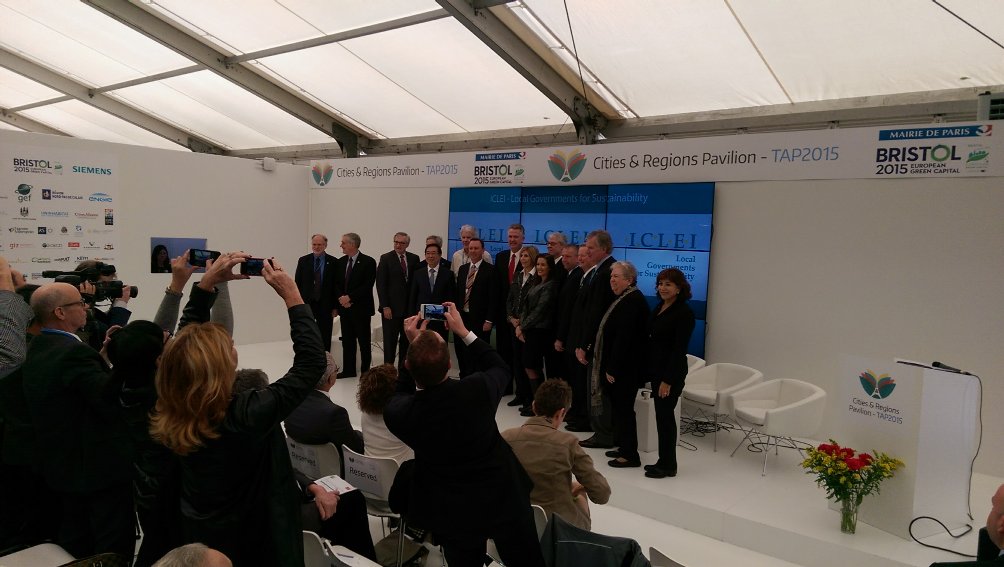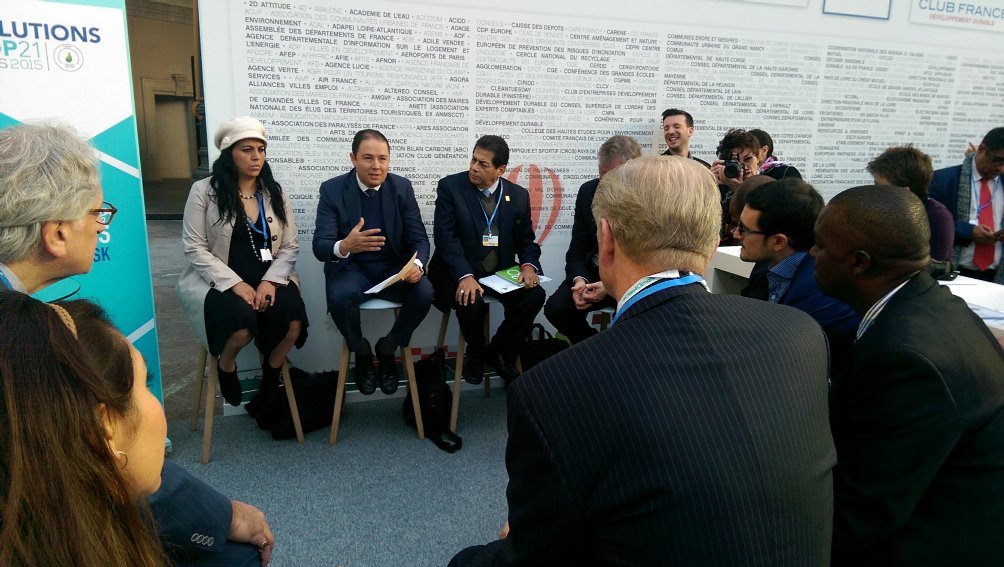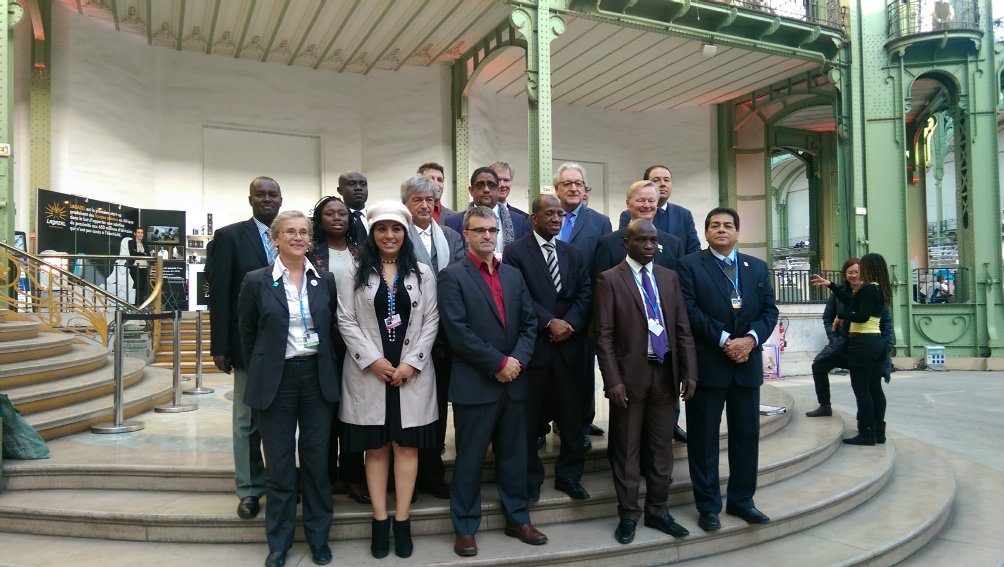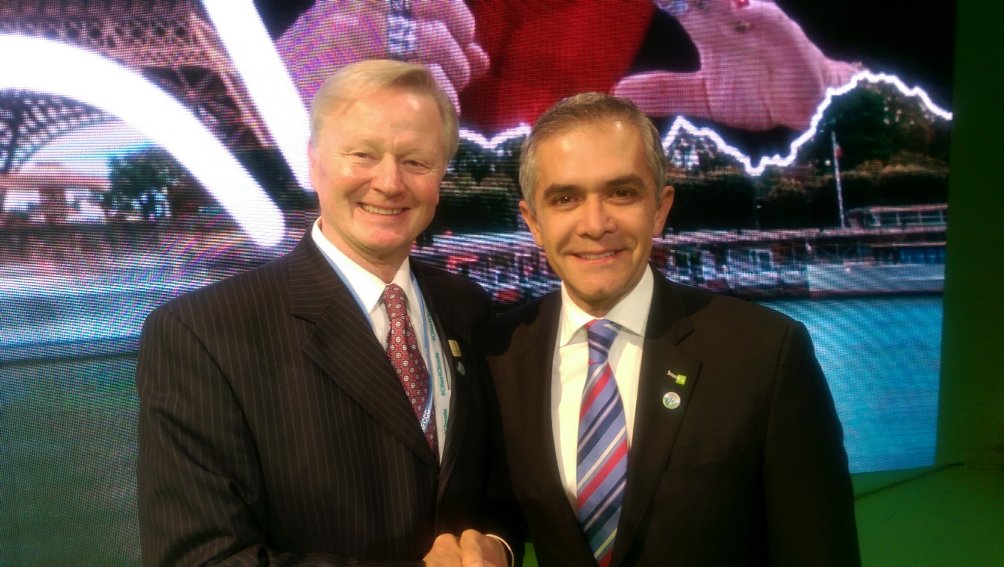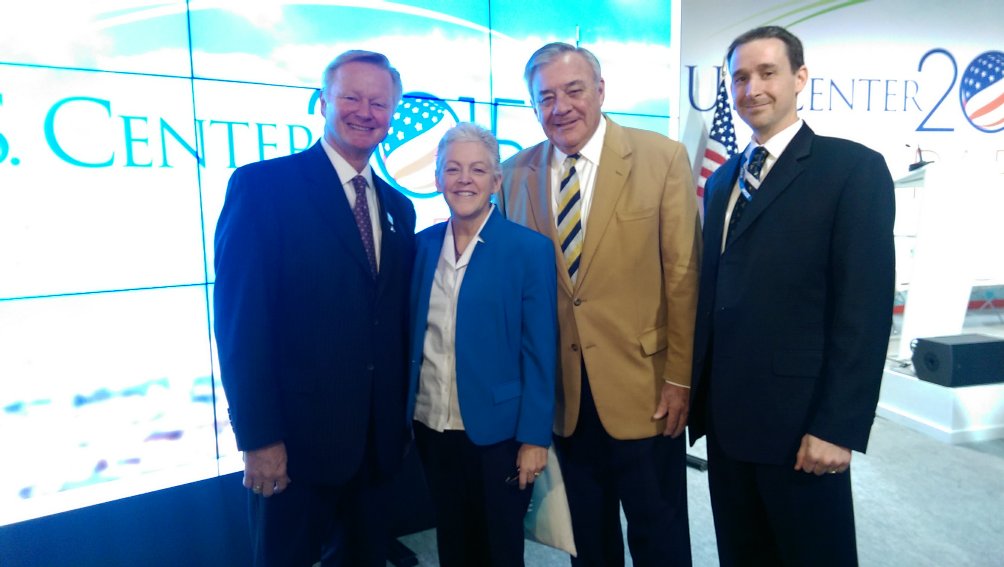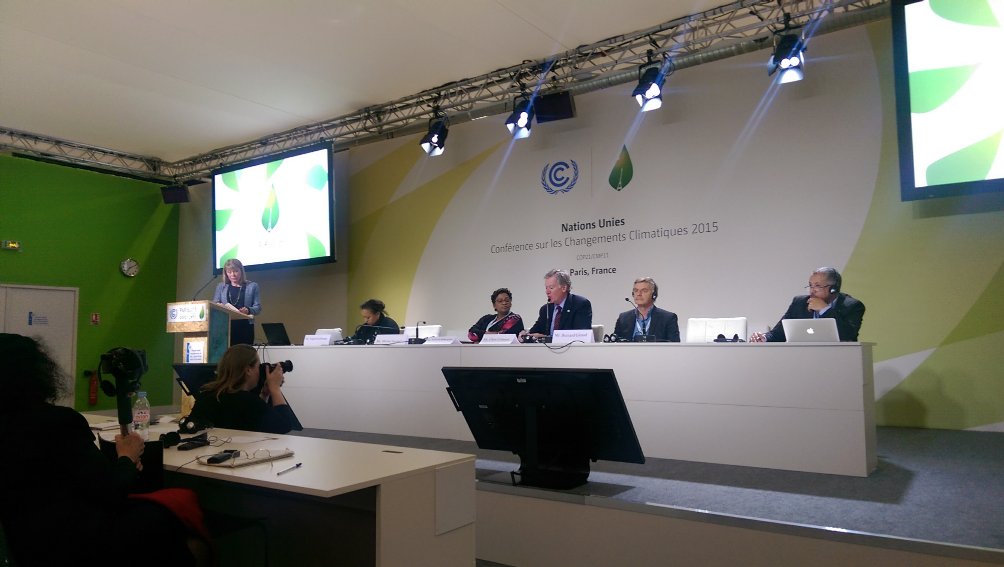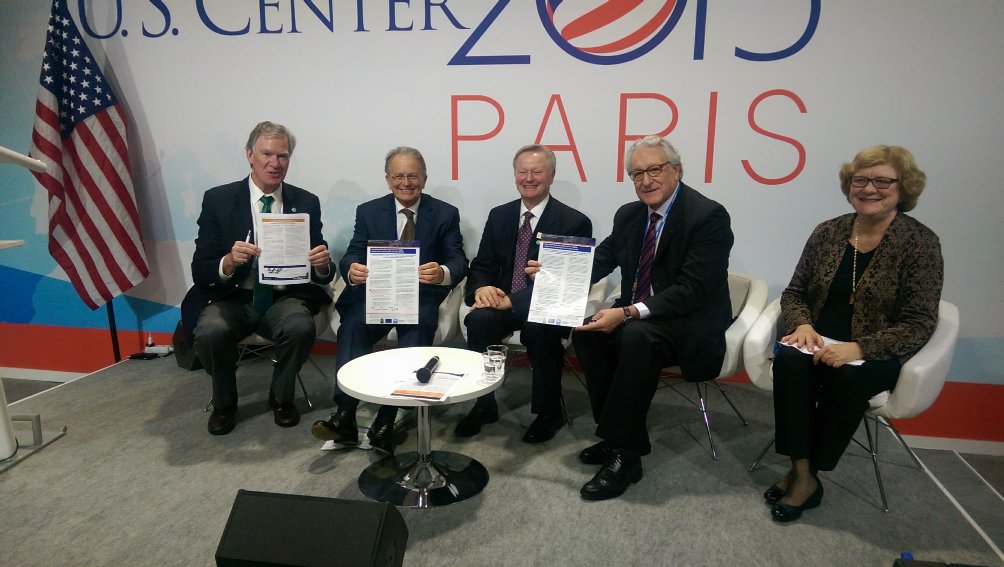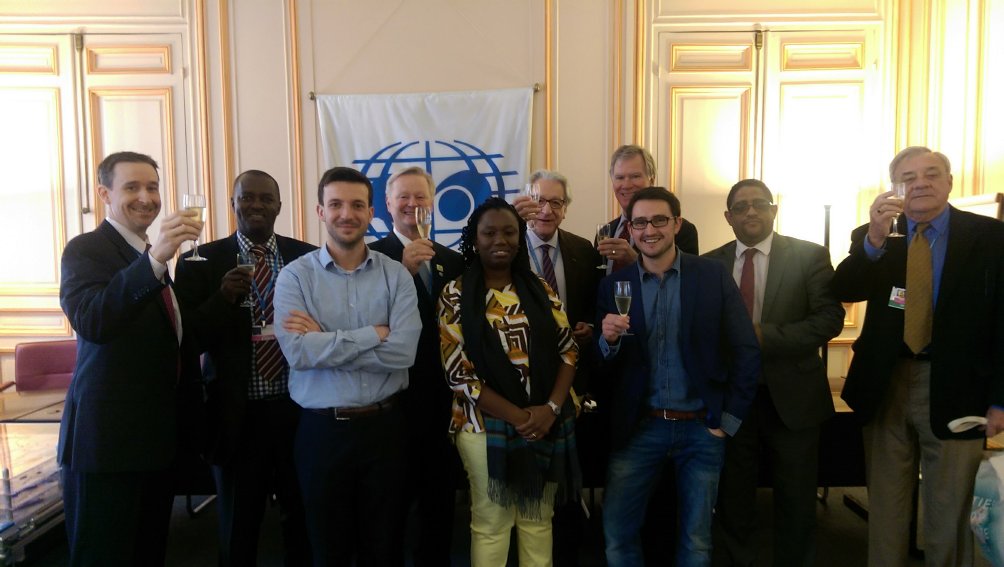In Paris, the Stakes Could not be Higher - our food and water lay in the balance
An Op-Ed from the Board of MRCTI, 2015
In the wake of terror attacks that devastated Paris, we want to affirm that we stand with the people of that great city. Like our own Capitol City, Paris is a river city and the Capitol of France. Whether you’re on the Mississippi, the Potomac, or the Seine, we are connected through our freedoms. Winston Churchill once compared Democracy to the Mississippi River describing liberty as a force that charges on relentlessly like the Mississippi does through our country. We are now more motivated than ever to be in Paris and show our solidarity; we go, however, with a broader mission.
There is much at stake in Paris during the United Nations Climate Meeting, much more than polar bears and inconvenient weather. Our ability to produce food and have access to clean fresh water are also at stake.
River basins generate the majority of the world’s food and rivers sustain the majority of freshwater withdraws.
Changes in our climate are compromising the ability of our river basins to produce food and provide freshwater. Thus, one of the greatest threats to the world from climate change is a dramatic alteration to our food supply and decrease of freshwater. Of the food-producing river basins around the planet, the Mississippi River Basin, which covers thirty-one states, ranks first.
Sixty-five percent of the drinking water in the U.S. comes from rivers and streams. Washington, DC sources its water from the Potomac River; fifty U.S. cities use the Mississippi River alone as a drinking water source providing for over 20 million people. In California, two-thirds of the state’s population (26 million people) depends on the Sacramento San Joaquin Delta fed by the Sacramento River for water supply. Yet, this delta resides adjacent to the Pacific Ocean and is at sea level leaving the fresh water and a tremendous food source vulnerable to ocean-level rise.
The federal programs that protect these resources have endured varied levels of funding over the past several cycles. Programs like the state revolving loans funds, water pollution control grants, and the Land & Water Conservation Fund will need to be treated as sustained priorities to meet what is coming over the next few years
. The worlds’ population is projected to reach 9.6 billion by 2050 meaning we will need to produce more food in the next 35 years than we have in the last ten thousand. As demand for food grows exponentially, we will all need to work together to ensure the food producing- basins are resilient to the impacts of climate disruption. Indeed, according to a 2012 Frontier Economics Report, 24.7 percent of global economic output will come from the world’s ten most populous river basins by 2050 with the U.S. projected to add 50 million people.
After Hurricane Katrina, Hurricane Isaac, Hurricane Sandy, 500-year flood events of 2011, and the 50-year drought of 2012, U.S. mayors have something to share about climate disruption and resilience in regards to river basin management. That’s why four of us who are part of a mayoral delegation representing 68 mayor members of the Mississippi River Cities and Towns Initiative are headed to the United Nation’s climate change meeting in Paris. We are on a mission to save the world’s rivers, including ours.
As the major food-producing basins of the world become compromised by climate change, mayors are concerned the drop in food output will be compensated for by producing more food in the Mississippi River Valley. If that delta is bridged through conventional agriculture, the result will be devastation to our ecology from the massive amount of inputs used to meet such a demand. We will see the Gulf Hypoxia Zone increase exponentially devastating the Gulf of Mexico which is still recovering from the BP Oil Spill.
Therefore, we will meet with representatives from food-producing river basins to assemble the beginning of what is hoped to eventually be an international River sustainability agreement among food-producing basins that works to protect both the water and food security of the world.
Both the Administration and Congress have been responding to our calls. The U.S. House and Senate formed the bi-cameral Mississippi River Caucus in 2012. The President’s budget has requested more for the PreDisaster Mitigation Grant Program (PDM) for FY 2015 and FY 2016 than in any other time during the program’s 14-year history. Also, the President’s FY 2016 budget proposed a Resilient Landscapes Program within NRCS which is the only climate resilience program that interior cities would be eligible for if you don’t count PDM – a disaster preparedness grant.
The U.S. has played a leading role in food security as well through the Feed the Future Program at USAID. Feed the Future pledged $3.5 billion which leveraged an additional $18.5 billion in support of achieving food security in some of the most food insecure countries on Earth.
We will host talks over two sessions: one to determine the challenges of implementing integrated water management and sustainable agricultural practices and the second to develop solutions on how food and drinking water security may be achieved at an international level. Finally we will unveil the results of the talks on December 8 at 11:45am EST in the United States Center in Paris which can be viewed at www.state.gov/uscenter.
It’s a big task, but we take this seriously. The implications for our river, our nation and our world are too significant to stand by and watch--and hope--others will be a voice.
Mayor Chris Coleman, St. Paul, MN
Mayor Dave Kleis, St. Cloud, MN
Mayor Roy Buol, Dubuque, IA
Mayor Larry Brown, Natchez, MS
Mayors representing cities along the Mississippi River in Paris as part of MRCTI’s delegation include: Chris Coleman, Mayor of St. Paul, MN; Dave Kleis, Mayor of St. Cloud, MN; Roy Buol, Mayor of Dubuque, IA; and Larry Brown, Mayor of Natchez, MS.
